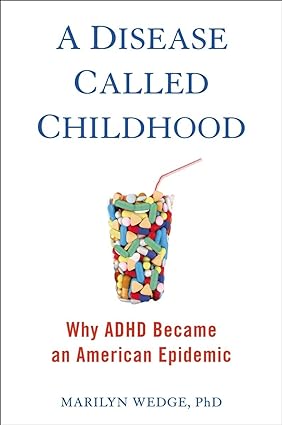
Book
|
A disease called childhood : why ADHD became an American epidemic
Copies
1 Total copies, 1 Copies are in,
0 Copies are out.
Title
A disease called childhood : why ADHD became an American epidemic
Call No
618.92 WED
Authors
Subjects
Language
English
Published
New York : AVERY, a member of Penguin Group (USA), [2015].
Publication Desc
xxii, 250 pages ;
ISBN
9781583335635 (hc.)
LCCN
2014045248
Target Audience
All
Dimensions
22 cm.









